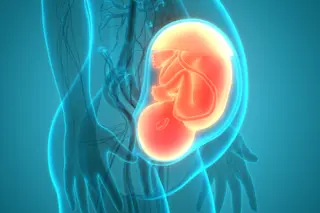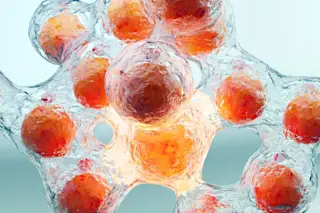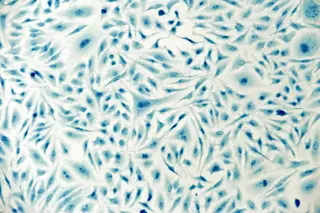This story in The New York Times, Flavor Is Price of Scarlet Hue of Tomatoes, Study Finds, is pretty cool:
Yes, they are often picked green and shipped long distances. Often they are refrigerated, which destroys their flavor and texture. But now researchers have discovered a genetic reason that diminishes a tomato’s flavor even if the fruit is picked ripe and coddled. The unexpected culprit is a gene mutation that occurred by chance and that was discovered by tomato breeders. It was deliberately bred into almost all tomatoes because it conferred an advantage: It made them a uniform luscious scarlet when ripe. Now, in a paper published in the journal Science, researchers report that the very gene that was inactivated by that mutation plays an important role in producing the sugar and aromas that are the essence of a fragrant, flavorful tomato. And these findings provide a road map for ...













